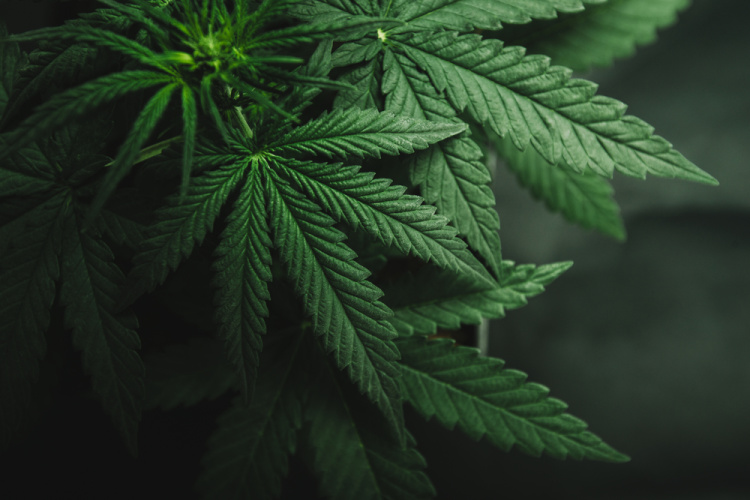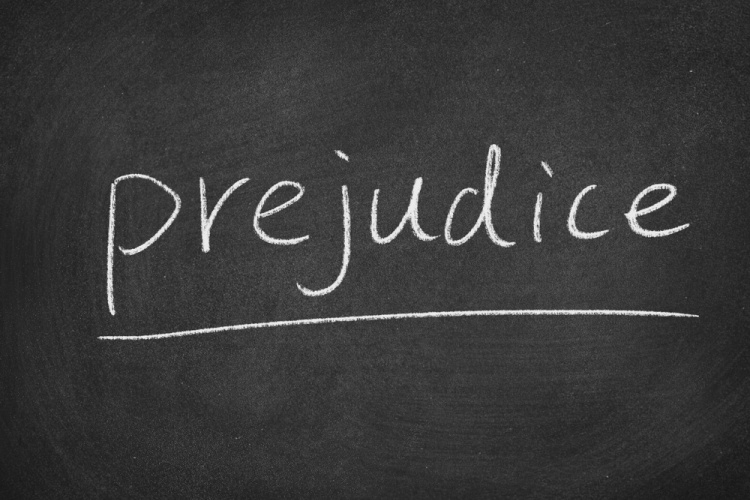This summer finds America at a crossroads. Already reeling under the global COVID-19 pandemic, an upswelling of popular sentiment against police brutality and justice system overreach has spilled out into the streets. As polls make abundantly clear, Americans support greater inclusion and social equity for people of color.
How did we get here? In large part, the backstory of America’s racial disparities is intertwined with a Nixon-era program, the War on Drugs. As we’ve written before, a cannabis enterprise—1937 Cannabis—is dedicated to helping right the wrongs of the past.
The War on Drugs: Historical Precedents

America’s first war on drugs came at the turn of the 20th century when an alarming increase in the use and abuse of prescription and over-the-counter medications caused a public health crisis (not to mention an eerie foreshadowing of the current opioid crisis).
Today, we know that cannabis can actually reduce dependence upon such dangerous medications, but back then it was simply judged to be part of the problem. Though many states had already banned cannabis, 1937 marked the start of federal prohibition, spurred in large part by Harry Anslinger, an ambitious and unscrupulous rising star in the national law-enforcement community. Despite the strong objections of the American Medical Association, the Marijuana Tax Act went into effect on October 1, 1937.
Fast-forward to the 1960s, when another eerie foreshadowing—the conjunction of the Civil Rights and youth counterculture movements—first brought many of our current issues bubbling up to the mainstream. Then just as now, a conservative and polarizing president—Richard Nixon—was determined to squelch any perceived threats to his administration. In July of 1971, having managed to reduce American involvement in the costly and unwinnable war in Vietnam, Nixon unveiled a new war: The War on Drugs.
The War on Drugs: Old Prejudices Dressed Up in a New Suit

The year before, The Controlled Substances Act (CSA) had already laid the groundwork for the War on Drugs by codifying and strengthening federal anti-drug laws. But the War on Drugs represented a significant escalation: In addition to increasing funding for federal anti-drug agencies, a broad swath of mandatory sentences was instituted for drug-related offenses. Shortly thereafter the Drug Enforcement Agency (DEA) would come into being; it currently includes roughly 5,000 agents and an annual budget topping $2 billion.
If the campaign was couched in military terms—a “war” on all drugs, regardless of their objective harmfulness—the enforcement of the War on Drugs was anything but equitable. As Nixon advisor John Ehrlichman later freely admitted in an interview in Harper’s Magazine, the program was designed to disrupt Nixon’s principal perceived enemies—the antiwar Left and people of color—by associating them with drug use and then unduly targeting them using the full militarized weight of the War on Drugs.
After Nixon resigned in disgrace, the nation’s anti-drug zeal cooled somewhat. But under another conservative president—Ronald Reagan—the War on Drugs got another infusion of firepower. Reinforcing and expanding on existing laws, the Anti-Drug Abuse Act of 1986 imposed even stiffer penalties for drug-related offenses. Notably, the racial element was still in full effect. For example, possession of 500 grams of powdered cocaine (more often associated with white users) triggered the same sentence as only 5 grams of crack cocaine (more often associated with Black users). By 2014, nearly half of the almost 200,000 people serving time in federal prisons were there for drug-related offenses.
The War on Drugs: A Turning Point?
Which brings us back to the present. Pressure for meaningful criminal justice reform was at a historic high even before this year’s demonstrations against police brutality and overreach. While drug laws aren’t the only reason people are unjustly targeted, arrested, and convicted, we know they play an outsize role.
At Green Goods, we support the legalization of cannabis nationwide and the social equity programs that aim to erase the unequal impact the War of Drugs has had on communities.
